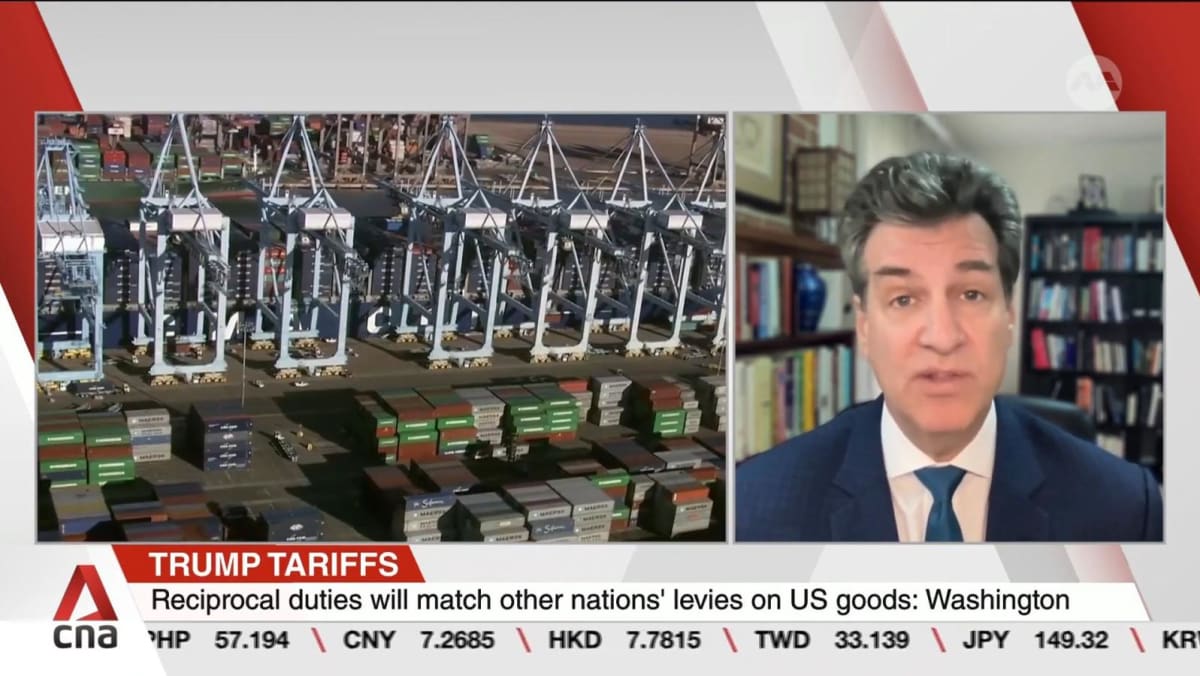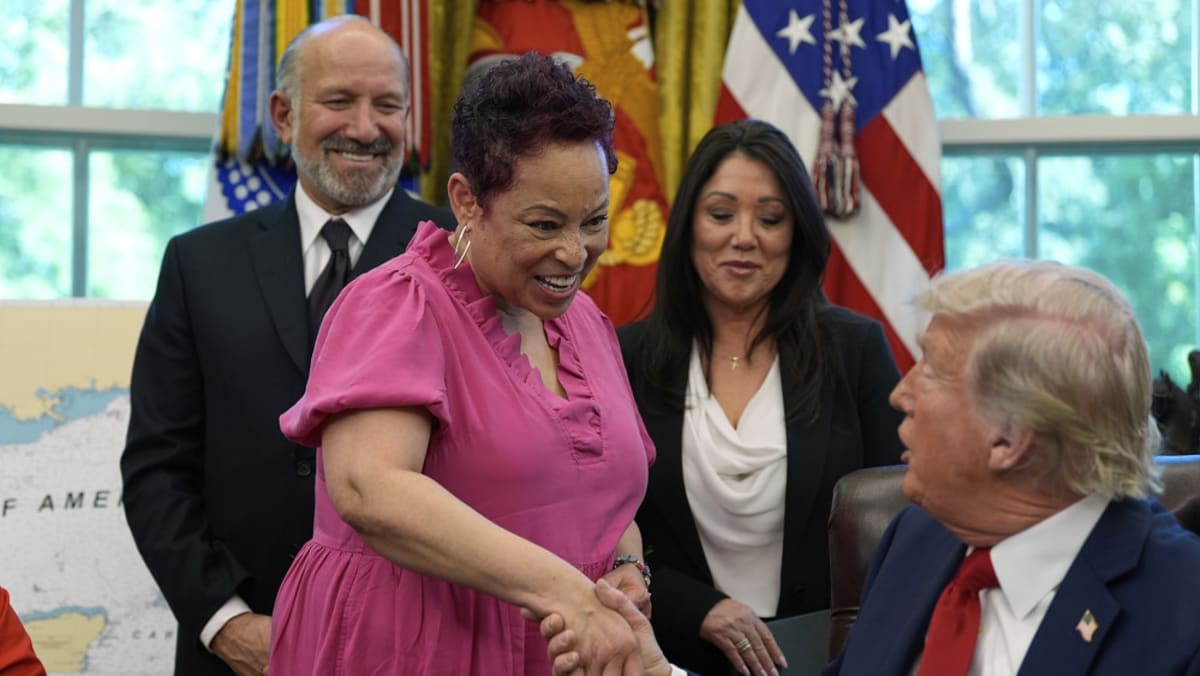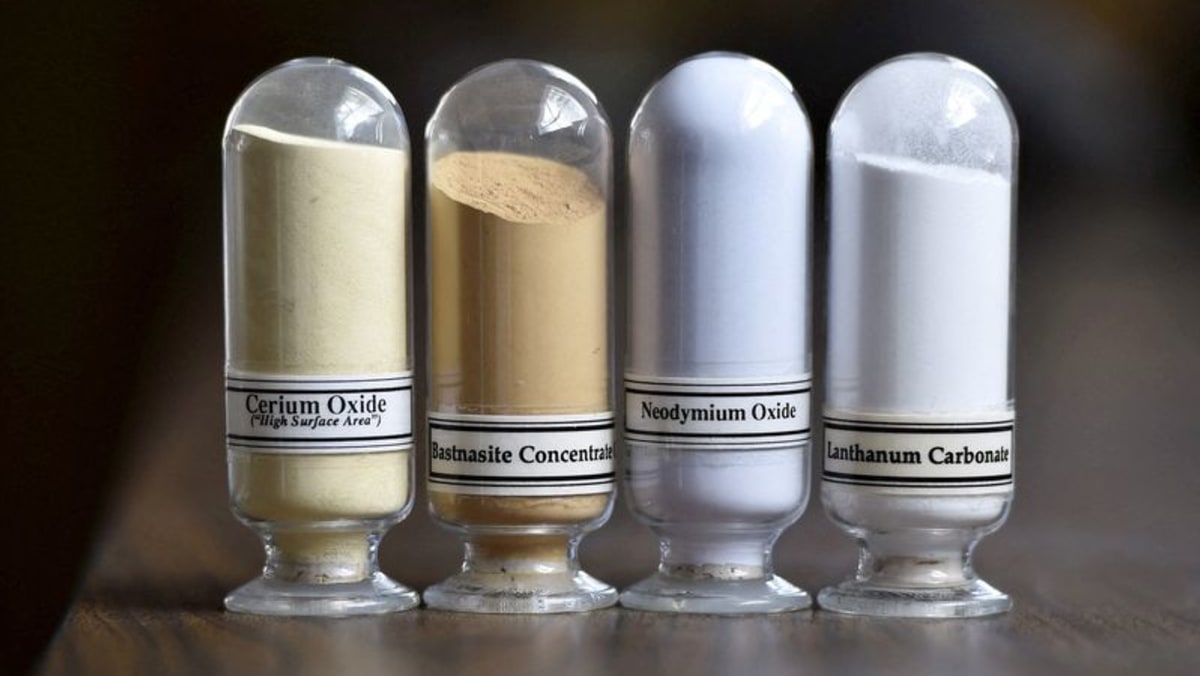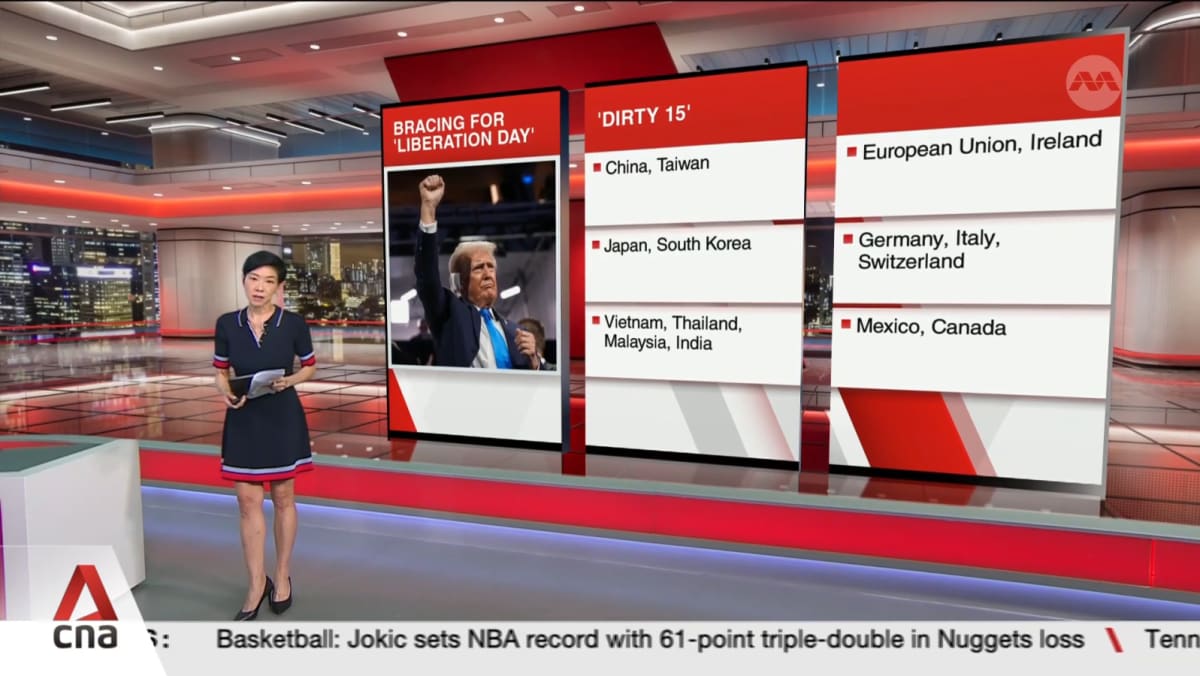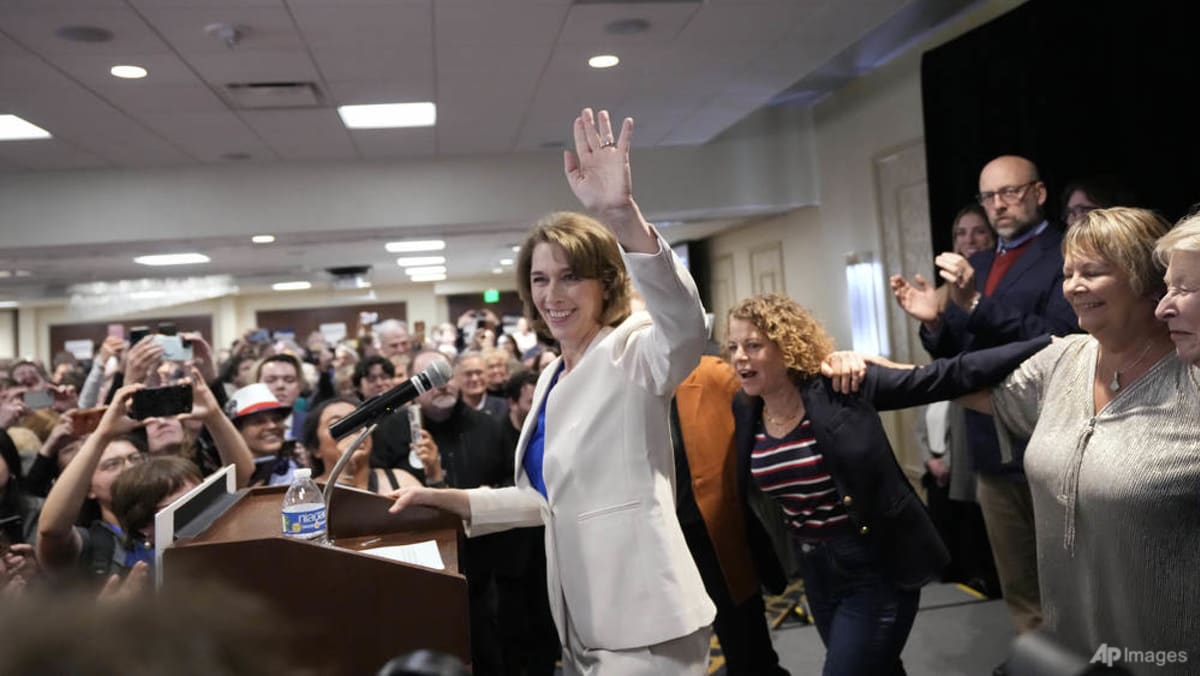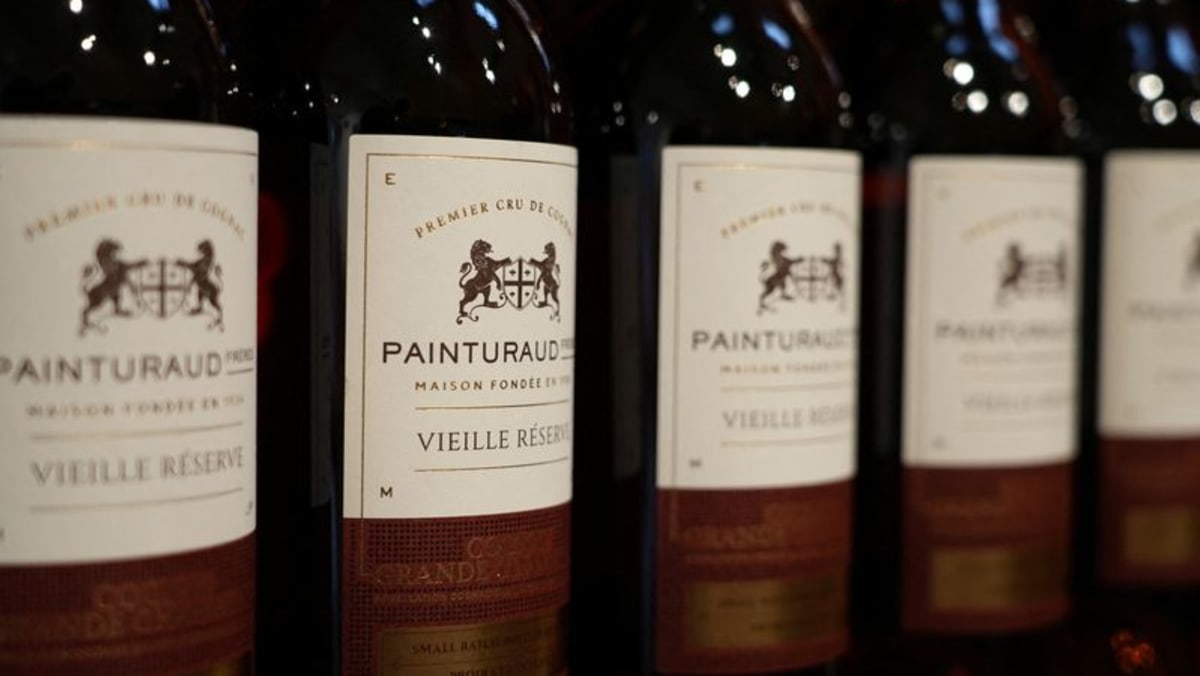“ECONOMIC PAIN”
Trump’s fixation on tariffs is fanning US recession fears. Goldman Sachs analysts raised their 12-month recession probability from 20 per cent to 35 per cent.
This reflects a “lower growth forecast, falling confidence, and statements from White House officials indicating willingness to tolerate economic pain”. Goldman Sachs also lifted its forecast for underlying inflation at the end of 2025.
China and Canada have imposed counter-tariffs on US goods, while the EU unveiled its own measures to start in mid-April.
For now, IMF chief Kristalina Georgieva said Trump’s tariffs were causing anxiety, but their global economic impact should not be dramatic.
Ryan Sweet of Oxford Economics said to “expect the unexpected”, anticipating that Trump would “take aim at some of the largest offenders”.
Besides reciprocal country tariffs, Trump could unveil additional sector-specific levies on the likes of pharmaceuticals and semiconductors. He earlier announced auto tariffs to take effect on Thursday.
Economists have expected the upcoming salvo could target the 15 per cent of partners that have persistent trade imbalances with the US, a group that US Treasury Secretary Scott Bessent dubbed a “Dirty 15”.
The US has some of its biggest goods deficits with China, the EU, Mexico, Vietnam, Taiwan, Japan, South Korea, Canada and India.
“EXISTENTIAL MOMENT”
US trade partners are rushing to minimise their exposure, with reports suggesting India might lower some duties.
On Tuesday, Vietnam said it would slash duties on a range of goods including cars, liquefied gas and some agricultural products.
Japan announced it will set up around 1,000 “consultation centres” for businesses hit by US tariffs.
Speaking by phone to his US counterpart on Monday, Mexican Foreign Secretary Juan Ramon de la Fuente urged the preservation of free trade agreements between North American countries, and discussed the automobile industry, where 25 per cent tariffs are poised to come into effect on Apr 3.
European Central Bank President Christine Lagarde said on Monday that Europe should move towards economic independence, telling France Inter radio that Europe faces an “existential moment”.
Separately, British Prime Minister Keir Starmer spoke with Trump on “productive negotiations” towards a UK-US trade deal, while German Chancellor Olaf Scholz said the EU would respond firmly to Trump but was open to compromise.
It is “entirely possible” for fresh tariffs to be swiftly reduced or put on hold, said Greta Peisch, a former official at the US Trade Representative’s office.
In February, Washington paused steep levies on Mexican and Canadian imports for a month as the North American neighbors pursued negotiations.


